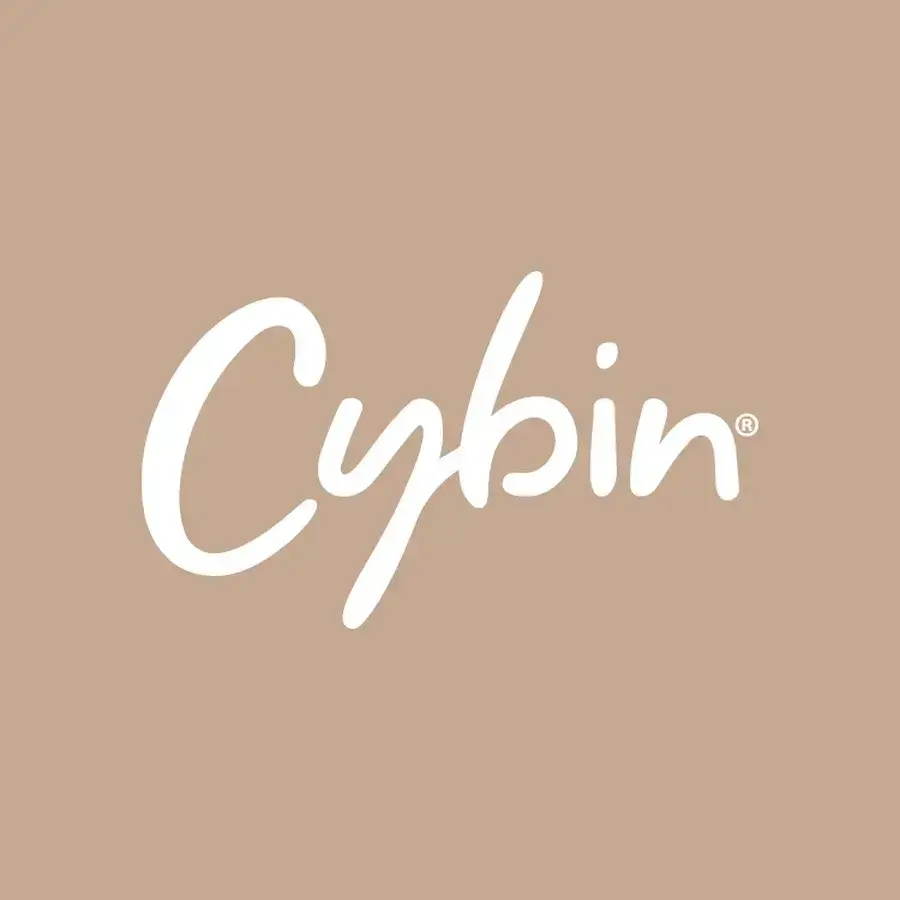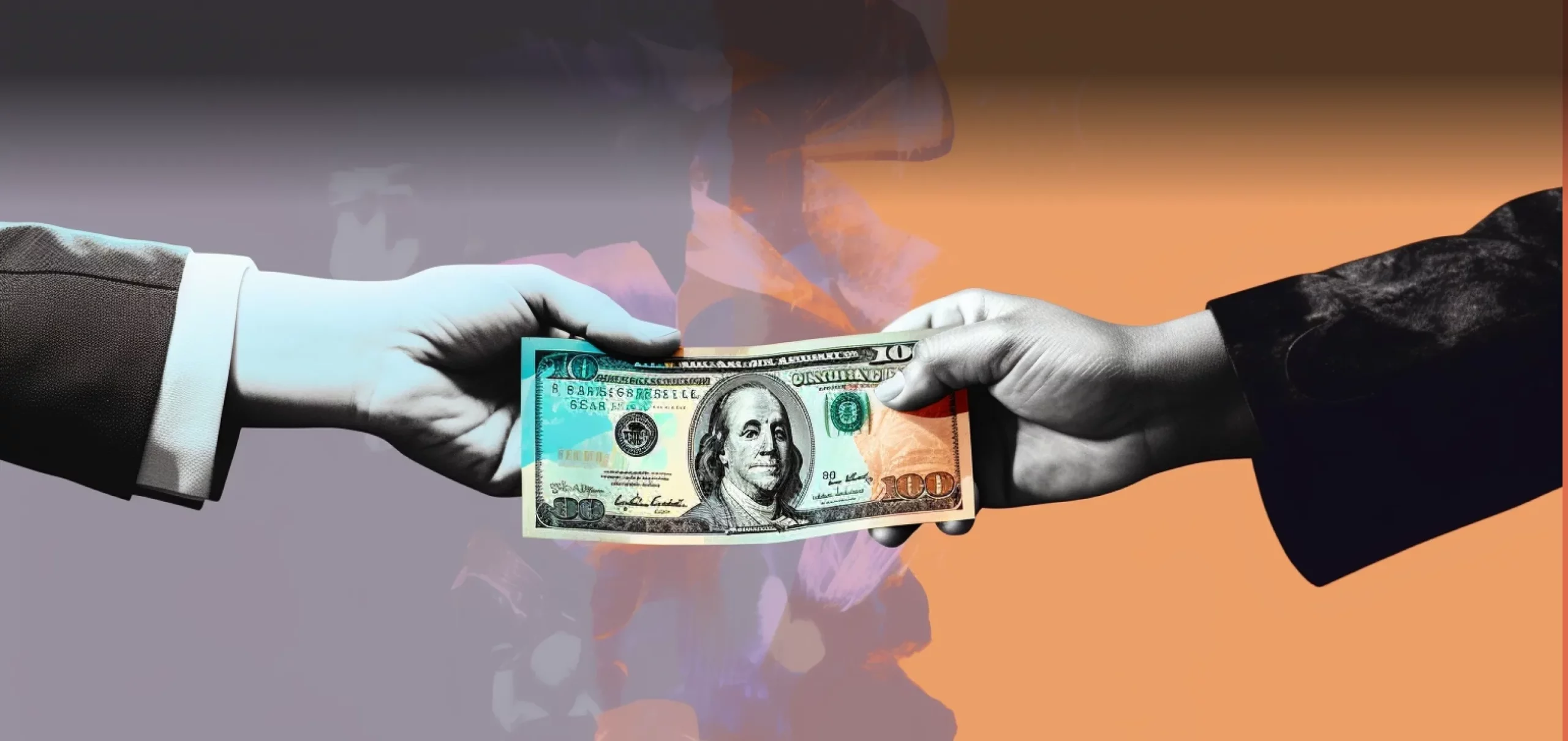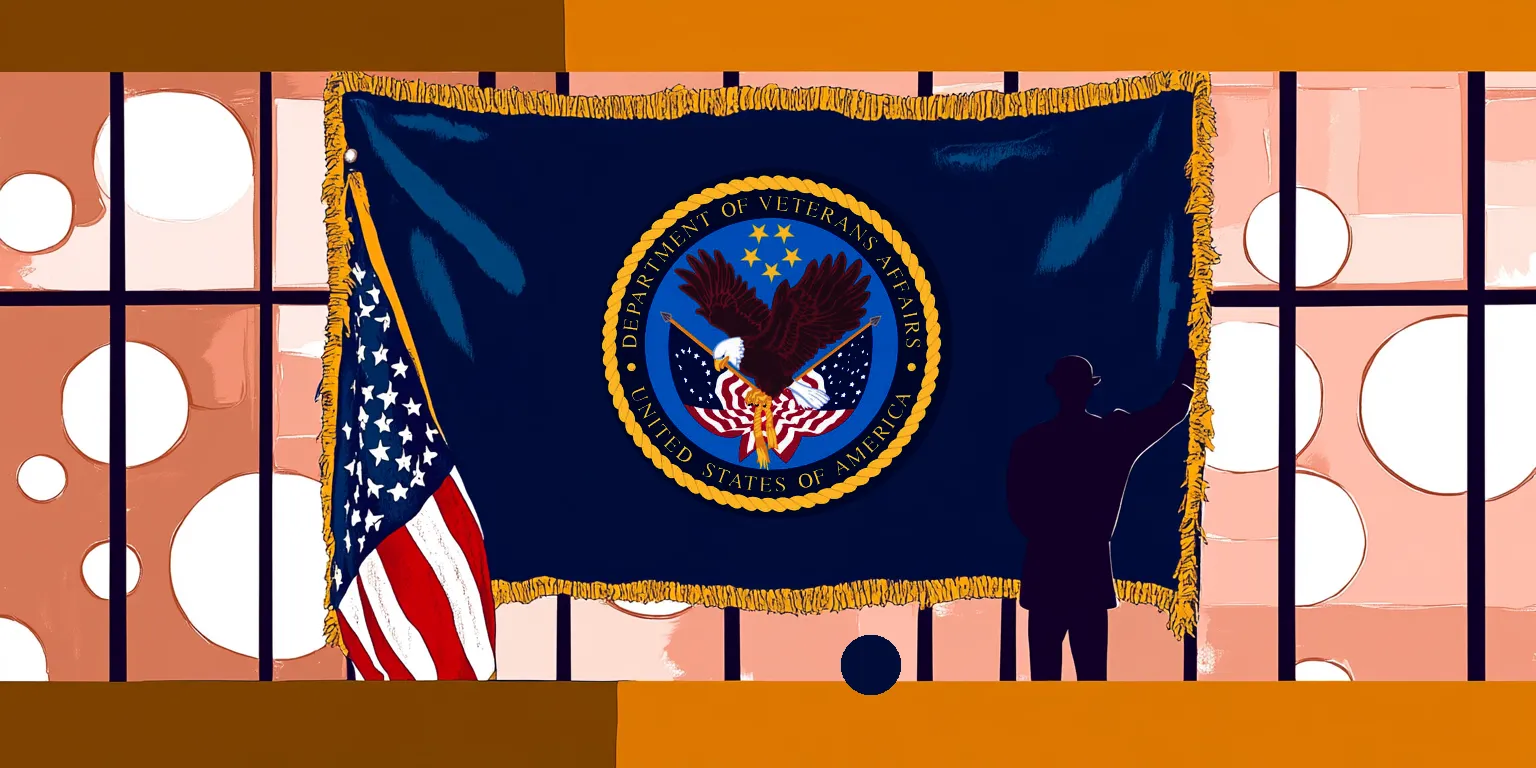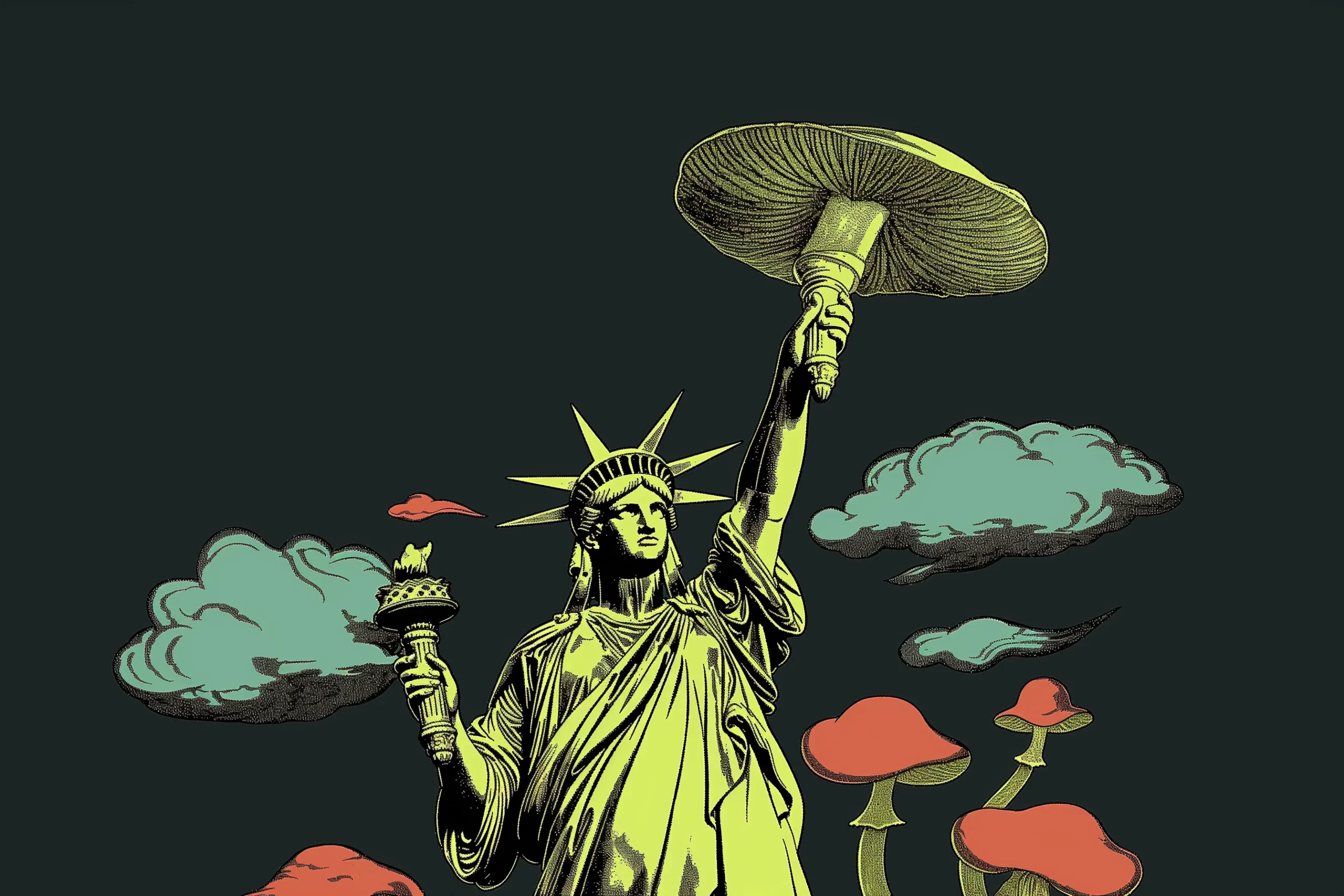In this week’s Psychedelic News Roundup, we delve into the philanthropic support for psychedelic research, the growing public acceptance of therapeutic psychedelics, legislative advancements in California, a new training program by Cybin, and a generous donation to UC San Diego for DMT research.
Bipartisan Efforts Thwarted as GOP-Controlled House Committee Blocks Marijuana and Psychedelics Amendments to Defense Bill

Originally reported via Marijuana Moment, the psychedelic movement suffered a significant setback on bipartisan efforts to reform drug policy. In an unfortunate turn of events, the GOP-controlled House Rules Committee blocked all efforts to include marijuana and psychedelics amendments proposed as part of a large-scale defense bill from advancing to the floor. Members offered more than a dozen drug policy amendments to potentially be attached to the National Defense Authorization Act (NDAA). However, despite the testimony of certain sponsors who implored the panel to accept them, the Republican leadership declined to make any of them in order for floor votes.
The proposed amendments covered a wide range of issues, including eliminating cannabis drug testing for people trying to enlist in the military, protecting federal workers from losing security clearances for marijuana use, allowing Department of Veterans Affairs (VA) doctors to issue medical cannabis recommendations, and investigating the therapeutic potential of certain psychedelics. Despite the bipartisan nature of these amendments, the GOP blockage prevented any progress on these fronts, leading to disappointment among advocates and stakeholders.
Reps. Earl Blumenauer (D-OR) and Barbara Lee (D-CA), who sponsored the amendment on medical cannabis recommendations for veterans living in legal states, expressed their disappointment in a joint statement. They highlighted the missed opportunity for Congress to come together across party lines and make progress for communities impacted by the failed war on drugs. The blockage of these amendments represents a significant hurdle in the ongoing efforts to reform drug policies in the U.S., underscoring the challenges faced by bipartisan efforts in this area.(1)
Keep Up with Uncensored Psychedelic Trends
Join our newsletter at Psychedelics Uncensored.
We respect and protect your privacy. By subscribing your info will be subject to our privacy policy . Unsubscribe easily at any time
Blake Mycoskie, Founder of Toms Shoes, Gets Personal About His Decision to Pledge $100 Million to Support

Update: In a self-written article from Newsweek, Blake Mycoskie, the founder of Toms Shoes, details personal reasons for his pledge to donate and invest $100 million, a staggering quarter of his net worth, to support research exploring the medical and mental health benefits of psychedelics such as MDMA, psilocybin, and plant-based substances like ibogaine and ayahuasca. Our previous coverage examined the dollar amount being pledged. However, Mycokie’s personal narrative provides important context regarding his motivations.
This decision comes in response to what he feels is an ever-escalating mental health crisis, with over one in five American adults diagnosed with a mental illness. Mycoskie’s contribution is the largest individual commitment to the field of psychedelic-assisted therapies to date. He hopes his pledge will inspire other high-net-worth individuals and foundations to invest in this promising yet overlooked area.
Mycoskie’s interest in psychedelics was sparked by his own experience with mental and emotional pain in 2018. Unable to find relief in the U.S., due to the illegality of these substances, he traveled overseas to experience ayahuasca, a plant-based brew used by indigenous peoples. The experience was transformative, helping him cope with his pain and reconnect with his faith. By pledging $100 million, Mycoskie aims to ensure the FDA approves clinically tested psychedelic treatments, increase access to these treatments for those in need, and help identify new treatment modalities.
The potential of psychedelics in treating mental illness is supported by recent research. For instance, a 2021 study found that therapy paired with MDMA dramatically affected people with severe PTSD, with two-thirds of the study group no longer having diagnosable PTSD two months after completing the therapy.
Despite promising research, the field of psychedelic-assisted therapy still has a long way to go. Mycoskie emphasizes the importance of using psychedelics correctly and without causing harm, advocating for supervised treatment centers and clinician training. He believes we are entering a breakthrough era for treating some of the most disabling and costly diseases our society faces, and encourages others to join him in this endeavor.(2)
Majority of U.S. Voters Support Legalization of Psychedelics for Therapeutic Use, National Poll Reveals

According to a national poll conducted by UC Berkeley’s Center for the Science of Psychedelics (BCSP), and announced by UC Berkely News, about three in five American voters support the legalization of psychedelics for regulated, therapeutic use. Additionally, nearly half of the respondents believe that personal use of these substances should be decriminalized for any reason. The poll found that 61% of U.S. registered voters support creating a regulated legal framework for the therapeutic use of psychedelics, with 35% strongly supporting it. Meanwhile, 49% of respondents said they back removing criminal penalties for using and personal possession of entheogenic plants and fungi altogether.
Keep Up with Psychedelic Trends
Get uncensored psychedelic news, events, and updates. Join Psychedelics Uncensored!
We respect and protect your privacy. By subscribing your info will be subject to our privacy policy . Unsubscribe easily at any time
The level of national support for psychedelics policy reform has exceeded expectations, indicating that the promising research and mental health results associated with these substances are breaking through to the general public. The use of entheogenic plants and fungi, including psilocybin mushrooms, ibogaine, ayahuasca, peyote, and mescaline, has been linked to relief from conditions such as post-traumatic stress disorder, addiction, major depression, and anxiety.
This growing support for the decriminalization and therapeutic use of psychedelics is part of a broader trend in the U.S. Several states and cities, including Denver, Oregon, Rhode Island, New Jersey, the District of Columbia, and eight other U.S. cities, have decriminalized entheogenic plants and fungi in some way. The push for decriminalization is also seen as a way to address some of the racial disparities that have emerged from the so-called “war on drugs.”(3)
California Health Committee Votes in Favor of Legalizing Certain Psychedelics

Update: In an update to our previous report, the California Assembly Health Committee has voted 9 to 2 in favor of Senate Bill 58, legislation aimed at legalizing certain psychedelics in the state. This decision comes two weeks after the Assembly Public Safety Committee approved the measure with a 5 to 2 vote, and approximately a month and a half after the full Senate passed it with a 21 to 16 vote.
The proposal, filed by Senator Scott Wiener, would legalize the possession of up to two grams of DMT, 15 grams of ibogaine, two grams of psilocybin (or up to four ounces of a plant or fungi containing psilocybin). The legislation also includes provisions for “group counseling and community-based healing.” It would legalize “any spores or mycelium capable of producing mushrooms or other material which contain psilocybin or psilocin.”
Senate Bill 58 now moves to the Assembly Appropriations Committee. If it passes in this committee, it will be eligible for a full Assembly vote. If the full Assembly passes the measure and the Senate gives it one final vote of concurrence (due to it being amended in committee), it will be sent to Governor Gavin Newsom. Senator Wiener has expressed his belief in the significant healing potential of these substances and the growing research supporting this potential.(4)
Cybin Inc. Announces Development of Scalable Psychedelic Facilitation Training Program, EMBARKCT

Coming to us via Cybin Inc., a clinical-stage biopharmaceutical company focused on developing psychedelic-based treatment options for mental health, has announced the development of a scalable version of its EMBARK Training Program, known as EMBARKCT. The EMBARK psychedelic facilitator training program, launched in October 2021, provides foundational training for facilitators to work with psychedelic therapeutics. EMBARKCT is an evolution of this program, designed to increase Cybin’s ability to effectively screen, qualify, train, and certify facilitators for future pivotal studies of its lead candidates, CYB003 and CYB004. These are deuterated psilocybin and DMT analogs for potentially treating major depressive disorder and generalized anxiety disorder.
EMBARKCT is designed for individuals with existing knowledge, skills, and experience in psychedelic facilitation. It will enable the company to screen, qualify effectively, and train facilitators on a multi-site, international level. It will provide support and in-person monitoring for study participants receiving the company’s investigational therapeutics in larger pivotal trials. Cybin’s EMBARK Open Access (EMBARK OA), a free online training course for psychedelic facilitation, has laid the foundation for expanding access to training resources and may serve as a bridge for facilitators to be enrolled in future EMBARK training programs and potentially participate in future Cybin-sponsored clinical trials.
Cybin also recognizes the American Medical Association’s recently published language for new Current Procedural Terminology (CPT) III codes, for continuous in-person monitoring and intervention during psychedelic therapy administration. These CPT codes, which take effect January 1, 2024, establish a standardized way to identify a procedure and are intended to allow data to be collected to support broader use or a potential U.S. Food and Drug Administration (FDA) approval process.(5)
$1.5 Million Donation Boosts UC San Diego’s Research on Psychedelic DMT’s Effects on the Brain

UC San Diego Today announced that the UC San Diego Psychedelics and Health Research Initiative has received a $1.5 million donation from philanthropist Eugene Jhong. The donation will support research into the effects of the psychedelic N,N-dimethyltryptamine (DMT) on the brain. DMT, one of the most potent psychedelics known, is typically consumed on its own or in ayahuasca, a ceremonial brew used by indigenous cultures for centuries. Some users have reported that DMT helped address psychological ailments such as depression and addiction, promoting emotional well-being. However, how DMT impacts the brain, body, and health is largely unknown.
The research program, led by principal investigators Fadel Zeidan, Ph.D., and Jon Dean, Ph.D., will seek to map the phenomenological, neurological, and physiological responses to DMT during the longer windows of time created with infusion protocols. Interestingly, DMT is present naturally within human bodily fluids. Dean’s previous research discovered that endogenous DMT also exists in the rat brain at levels comparable to serotonin, a neurotransmitter vital to brain function.
UC San Diego is currently the only U.S. university with a dedicated division to conduct extended-state DMT research. The study is part of the UC San Diego Psychedelics and Health Research Initiative, which will soon be renamed the Center for Psychedelic Research, a newly approved academic center at UC San Diego School of Medicine. The long-term objective of the research is to understand better how DMT and other psychedelics could be used therapeutically to address pain, trauma, and various medical conditions related to the brain.(6)
This week has seen significant advancements in the field of psychedelics, from increased public support and legislative progress to generous philanthropic donations and innovative training programs. As we continue to explore the potential of these substances, we look forward to sharing more exciting developments in the world of psychedelics. Stay tuned for next week’s roundup.
Sources

1. Jaeger, K. (2023, July 13). GOP-Controlled House Committee Blocks Every Marijuana And Psychedelics Amendment To Defense Bill From Getting Floor Vote. Marijuana Moment. https://www.marijuanamoment.net/gop-controlled-house-committee-blocks-every-marijuana-and-psychedelics-amendment-to-defense-bill-from-getting-floor-vote/
2. Staff, B. (2023, July 12). UC Berkeley Center for the Science of Psychedelics Unveils Results of the First-Ever Berkeley Psychedelics Survey. UC Berkeley Center for the Science of Psychedelics. https://psychedelics.berkeley.edu/bcsp-first-study-results/
3. Bill Text – SB-58 Controlled substances: decriminalization of certain hallucinogenic substances. (n.d.). Leginfo.legislature.ca.gov. https://leginfo.legislature.ca.gov/faces/billTextClient.xhtml?bill_id=202320240SB58
4. Cybin Announces the Development of a Scalable Psychedelic Facilitation Training Program, EMBARKCT. (2023, July 12). Ir.cybin.com. https://ir.cybin.com/investors/news/news-details/2023/Cybin-Announces-the-Development-of-a-Scalable-Psychedelic-Facilitation-Training-Program-EMBARKCT/default.aspx
5. Griffin, J. (2023, January 11). $1.5 Million Donation Supports Research on Effects of Psychedelic DMT on the Brain. Today.ucsd.edu. https://today.ucsd.edu/story/1.5-million-donation-supports-research-on-effects-of-psychedelic-dmt-on-the-brain
6. Mycoskie, B. (2023, July 12). I’m giving $100 million to psychedelics research. Newsweek. https://www.newsweek.com/donating-psychedelics-research-philanthropy-1811505
This material is not intended as a replacement or substitute for any legal or medical advice. Always consult a medical professional about your health needs. Psychedelics are widely illegal in the United States, and readers should always be informed about local, state, and federal regulations regarding psychedelics or other drugs.

 David Connell
David Connell
 Ross Dillon
Ross Dillon 
